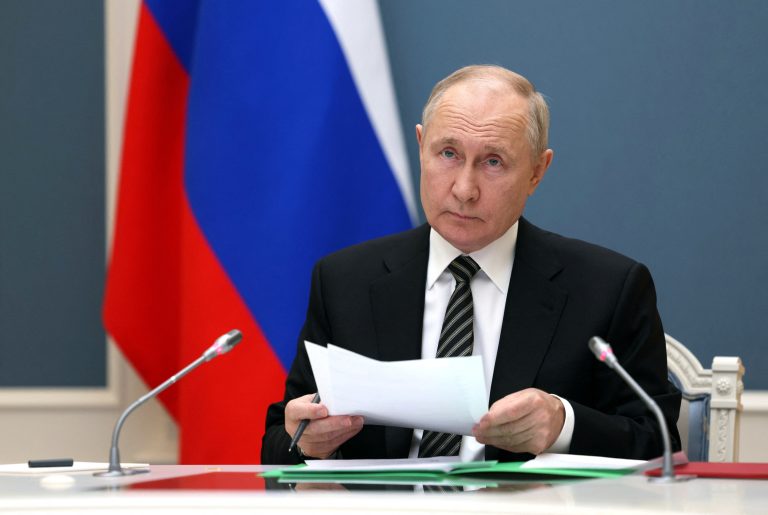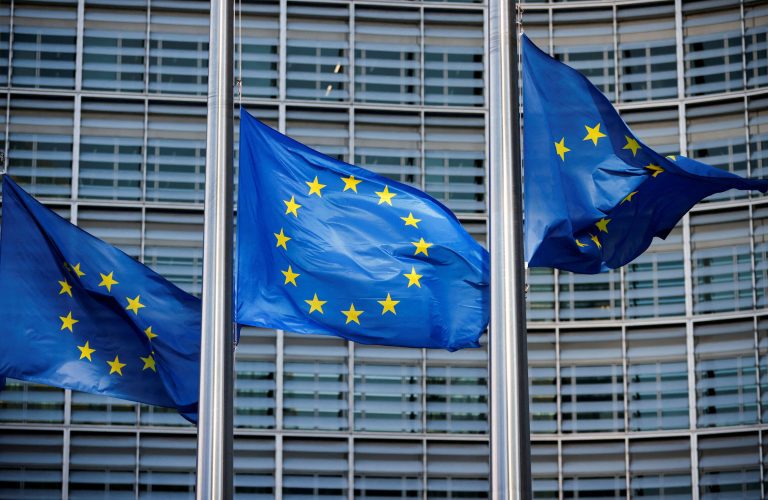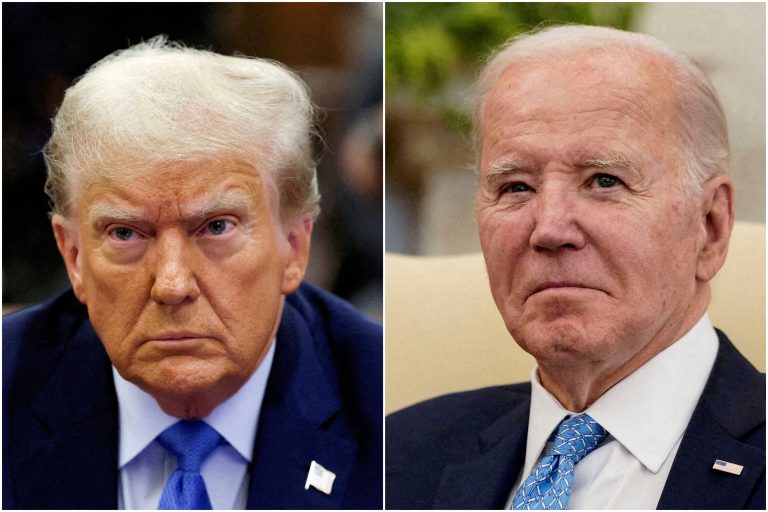On Monday, May 7, the Russian military issued the deployment of tactical nuclear weapons as part of a drill in which Moscow says is a response to threats from France, Britain, and the United States.
Russia has repeatedly warned of rising nuclear risks since it invaded Ukraine in 2022. Washington says these threats have to be taken seriously, though U.S. officials say they have seen no actual change in Russia’s nuclear posture.
The U.S. and its European allies have supported Ukraine with hundreds of billions of dollars in military aid, something that the Kremlin claims is pushing the world closer to a nuclear war.
According to Russia’s defense ministry, the military drills — including practice for the preparation and deployment for use of non-strategic nuclear weapons — were ordered by President Vladimir Putin. The exercises include missile forces in the Southern Military District, aviation, and the navy.
The defense ministry described the exercises as being aimed at ensuring Russia’s territorial integrity and sovereignty “in response to provocative statements and threats by certain Western officials against the Russian Federation”.
Success
You are now signed up for our newsletter
Success
Check your email to complete sign up
The United States and Russia hold more than 10,600 of the world’s 12,100 nuclear warheads that are known to be in service. China has the third-largest nuclear arsenal, followed by France and Britain.
According to the Federation of American Scientists, Russia has about 1,558 non-strategic, that is, tactical nuclear warheads, but due to a lack of transparency it is difficult to know the exact figures.
Nuclear threat
U.S. President Joe Biden said last year there was no real prospect of Russia using nuclear weapons. CNN reported that top U.S. officials did contingency planning for a potential Russian nuclear strike against Ukraine in 2022.
Though the Kremlin has repeatedly indicated that it would consider breaking the nuclear taboo if the Russian Federation’s existence was threatened, some Western and Ukrainian officials have said Russia is bluffing over nuclear weapons to scare the West.
“Nuclear blackmail is a constant practice of Putin’s regime,” said Andriy Yusov, a spokesperson for Ukrainian military intelligence. “We do not see anything new here.”
Russian Defense Minister Sergei Shoigu did not say which specific Western officials it was referring to in its statement.
The Kremlin said its actions were in response to remarks by the French President, British officials, and a representative of the U.S. Senate.
- In China, Blinken Lays Out America’s Red Lines on Russia, Other Tensions
- US Puts Pressure on China as Ukraine War Escalates
The idea of sending European troops to fight Russia in Ukraine was publicly issued by Macron, while British Foreign Secretary Cameron said Kiev had a right to use the weapons provided by London also to strike targets inside Russia.
Dmitry Peskov said Western statements about sending NATO soldiers to Ukraine amounted to “a completely new round of escalation of tension — it is unprecedented, and of course it requires special attention and special measures.”
Escalating risks
In March, Putin warned that a direct conflict between the Russian Federation and the U.S.-led NATO military alliance would mean World War III was only one step away, but added that hardly anyone wanted such a scenario.
Created in 1949 to provide collective security against the Soviet Union, NATO alliance is currently holding the “Steadfast Defender” exercise, the largest since the end of the Cold War.
Last year some hardliners in Russia called on Putin to change Russia’s nuclear doctrine, which sets out the conditions under which the country would use nuclear weapons. Putin said he saw no need for change.
The doctrine says such a weapon would be used in response to an attack using nuclear or other weapons of mass destruction, or “when the very existence of the state is put under threat.”
Russia is fighting in Ukraine under the justification that the country is an integral part of the Russian historical and cultural sphere, as well as a key region for Russian national security. The Ukrainian state, though part of the Russian Empire and later Soviet Union until its collapse in 1991, has distanced itself from post-Soviet Russia in favor of growing ties with the West.
Ukraine and its Western allies condemn the war as imperial aggression by a corrupt dictatorship. The U.S. and its allies have sanctioned Russia heavily and stress unwavering support for Ukraine’s defense, though no NATO troops have been officially deployed in the country so far.
Reuters contributed to this report.








